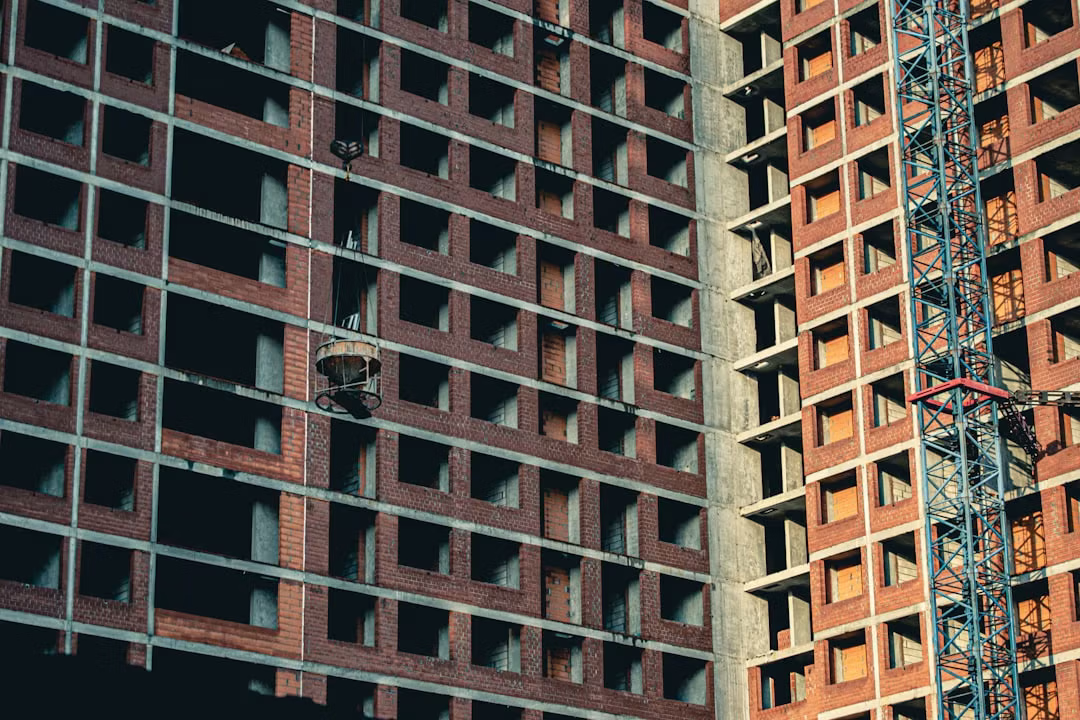In the dynamic construction industry, disputes and grievances are not uncommon. From defective materials to environmental concerns, various issues can arise that impact project integrity and stakeholder rights. When these issues affect multiple parties, class action lawsuits provide a powerful avenue for seeking justice and holding responsible parties accountable.
This guide explores the common types of class action lawsuits in the construction sector, giving you insights to navigate legal challenges effectively.
Understanding Class Action Lawsuits in Construction
Class action lawsuits in the construction industry typically involve groups of individuals or entities collectively pursuing legal action against common defendants. These lawsuits share several key characteristics:
Shared grievances arising from alleged wrongdoing, negligence, or contract breaches
Multiple affected parties within construction projects
Streamlined litigation process that consolidates similar claims
Collective voice ensuring all affected parties are heard
By combining similar claims into a single legal action, class actions promote efficiency and provide access to justice for parties who might otherwise lack resources for individual lawsuits.
Common Types of Construction Class Action Lawsuits
Defective Products and Materials
One of the most prevalent types of class action lawsuits involves defective products and materials. These cases typically arise when:
Substandard building components compromise structural integrity
Faulty fixtures create safety hazards for occupants
Manufacturing defects lead to widespread property damage
Installation errors affect multiple properties
Class action lawsuits in this category seek to hold manufacturers, suppliers, and installers accountable for distributing or installing defective products. Property owners and stakeholders pursue compensation for repairs, damages, and related losses.
For homeowners dealing with construction issues, understanding common types of construction defects can help identify potential problems early.
Construction Defects and Structural Issues
Construction defects encompass a broad range of problems that can affect building safety and functionality:
Design flaws that compromise structural integrity
Faulty workmanship during construction
Inadequate or inappropriate materials
Water intrusion and moisture problems
Safety code violations
Class action lawsuits related to construction defects address widespread issues affecting multiple properties or developments. Plaintiffs typically allege:
Negligence in design or construction
Breach of contract
Violations of building codes and industry standards
These lawsuits seek remedies including repairs, monetary damages, and injunctive relief to correct defects and prevent further harm. Understanding Colorado's construction defect statute of limitations is crucial for timing these claims properly.
Environmental Contamination and Pollution
Construction activities can pose significant environmental risks, including:
Soil contamination from hazardous materials
Water pollution affecting nearby communities
Air quality issues from construction processes
Damage to natural ecosystems
When construction projects result in environmental harm, class action lawsuits may arise. Plaintiffs often include:
Affected residents and property owners
Environmental advocacy groups
Local communities impacted by pollution
These cases seek damages for environmental harm and funding for remediation efforts to restore affected areas.
Wage and Labor Violations
Class action lawsuits in construction also address labor law violations affecting workers. Common allegations include:
Unpaid overtime despite working extended hours
Minimum wage violations where workers receive below legal minimums
Worker misclassification that denies proper benefits and protections
Failure to provide legally mandated benefits
Construction workers band together in these lawsuits to recover unpaid wages, penalties, and other compensation for worker misclassification in the construction industry and related violations.
Consumer Fraud and Deceptive Practices
Construction fraud class actions target deceptive business practices that harm consumers and property owners. These may involve:
False advertising about services or materials
Misrepresentation of project scope or timelines
Hidden fees not disclosed upfront
Failure to reveal material project information
Plaintiffs in these cases seek monetary damages and injunctive relief to address deceptive practices and protect consumer rights in the construction marketplace.
Navigating Class Action Lawsuits in Construction
If you believe you've been harmed by a construction-related issue that may warrant class action litigation, consider these important steps:
Seek Professional Legal Guidance
Consult with experienced legal professionals who have expertise in both construction law and class action litigation. A knowledgeable attorney can:
Assess the merits of your case
Explain your rights and legal options
Help navigate complex litigation procedures
Determine if your situation fits a class action framework
Document Your Damages
Proper documentation is crucial in class action cases. This includes:
Photos and videos of defects or problems
Repair estimates and invoices
Communication with contractors or developers
Medical records if health issues are involved
Understanding best practices for documenting construction defects can strengthen your potential case.
Understand Your Timeline
Construction-related legal claims have specific time limits. Familiarize yourself with relevant deadlines, including Colorado's construction defect statute of repose, which sets absolute limits on when claims can be filed.
Conclusion
Class action lawsuits serve as a vital mechanism for addressing collective grievances and promoting accountability in the construction industry. By bringing together affected parties to pursue legal action against common defendants, these lawsuits empower individuals and entities to seek redress for various harms.
Whether dealing with defective products, construction defects, environmental contamination, wage violations, or consumer fraud, class actions provide a path to justice when individual claims might be impractical or insufficient.
If you believe you've been affected by a construction-related issue, don't hesitate to consult with qualified legal professionals who can advocate for your rights and interests in potential class action proceedings.
Have Questions About Consumer Protection?
Our experienced construction defect attorneys are here to help. Schedule a free 15-minute screening call to discuss your situation.




